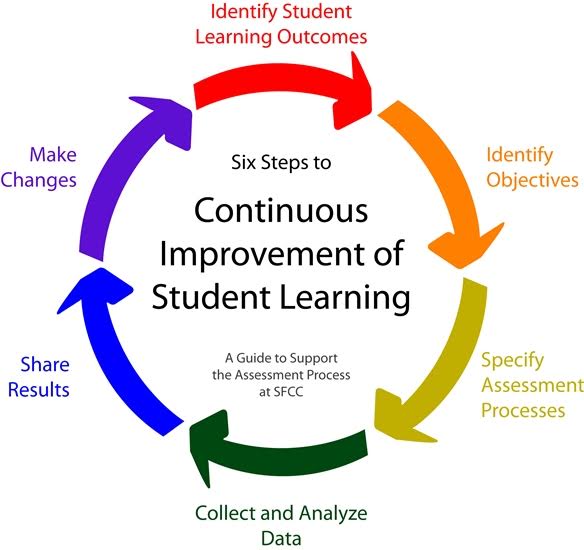I have been thinking about building schools and conditions for learning that have to do with optimizing student “flow.” This concept comes from Mihály Csíkszentmihályi who was instrumental in identifying this behavior in positive psychology.
In positive psychology, flow, also known as the zone, is the mental state of operation in which a person performing an activity is fully immersed in a feeling of energized focus, full involvement, and enjoyment in the process of the activity. In essence, flow is characterized by complete absorption in what one does. Named by Mihály Csíkszentmihályi, the concept has been widely referenced across a variety of fields (and has an especially big recognition in occupational therapy), though the concept has existed for thousands of years under other guises, notably in some Eastern religions.[1] Achieving flow is often colloquially referred to as being in the zone (Downloaded from Wikipedia, September 25, 2016)
When students are in their flow, in the current of their total engagement, learning is heightened. Their senses are alive and every part of their focus is upon the subject at hand. Time stands still and when reawakened to reality, they ask, where did the time go? Flow is the hallmark of inventors, computer programmers, musicians in the middle of the song, and kids playing video games.
Could we invent schools that do this for kids? Better yet, could we set up the conditions under which the likely result is that more kids would experience flow and really dig into the learning?
Yesterday, I was sitting with a guitar group of five adults, when we played a song for over eight minutes! Songs usually go for 3, or 4, or 5 minutes. After all four verses had been sung we just went around on the chorus over and over again. No rules, no one stopped, no one dropped out, we just kept playing. When it finally ended, with a big flourish, this beginning guitar group through their heads back and laughed at how the time had passed in fun. The discussion that ensued was all about flow, how does it happen, how did we let go of fear, how did we embrace continuing to play in the zone, and when is it likely to happen again. But all were clear that they wanted to set up the condition where this would happen again. So we decided to meet every month, instead of irregularly. What a break-through! Flow helped us to enjoy the work—embrace the zone—instead of working hard to enjoy it. Could schools do this kind of positive educational flow?




